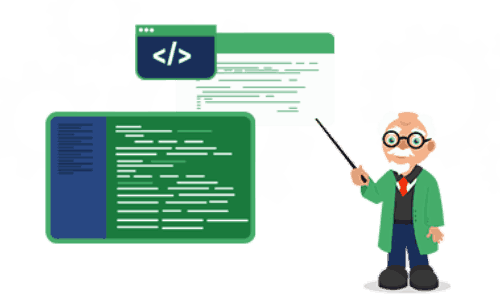Secure Agile Development – Integrate security practices within Agile workflows, ensuring code is developed with security in mind from the start.
Secure CI/CD Pipelines – Implement security checks in Continuous Integration (CI) and Continuous Delivery (CD) processes to detect vulnerabilities early.
Automation & Orchestration – Automate security testing, compliance checks, and infrastructure security to reduce risks and manual errors.
Version Control & Code Security – Use GitHub, GitLab, or Bitbucket with security scanning tools to track changes and identify security flaws.
Container Security – Secure containerized applications using tools like Docker Bench for Security, Aqua Security, and Kubernetes security best practices.
Infrastructure as Code (IaC) Security – Apply security controls in Terraform, Ansible, and CloudFormation to protect cloud infrastructure.
Threat Modelling & Risk Assessment – Identify potential security threats early in the development lifecycle.
Programming & Scripting – Proficiency in languages like Python, Bash, or Go to automate security tasks and integrate security tools.



 Premium Career-Ready Track
Premium Career-Ready Track











